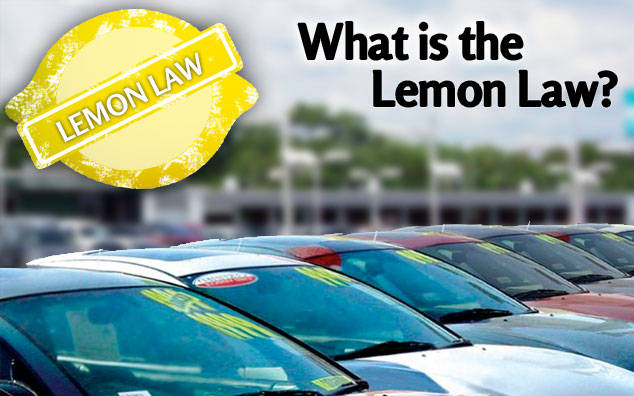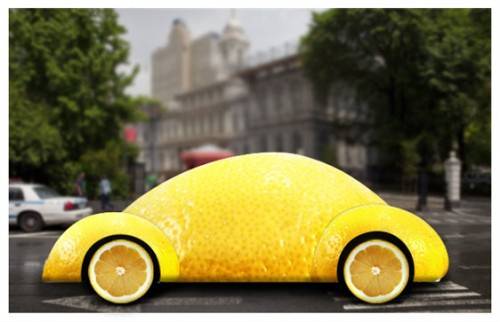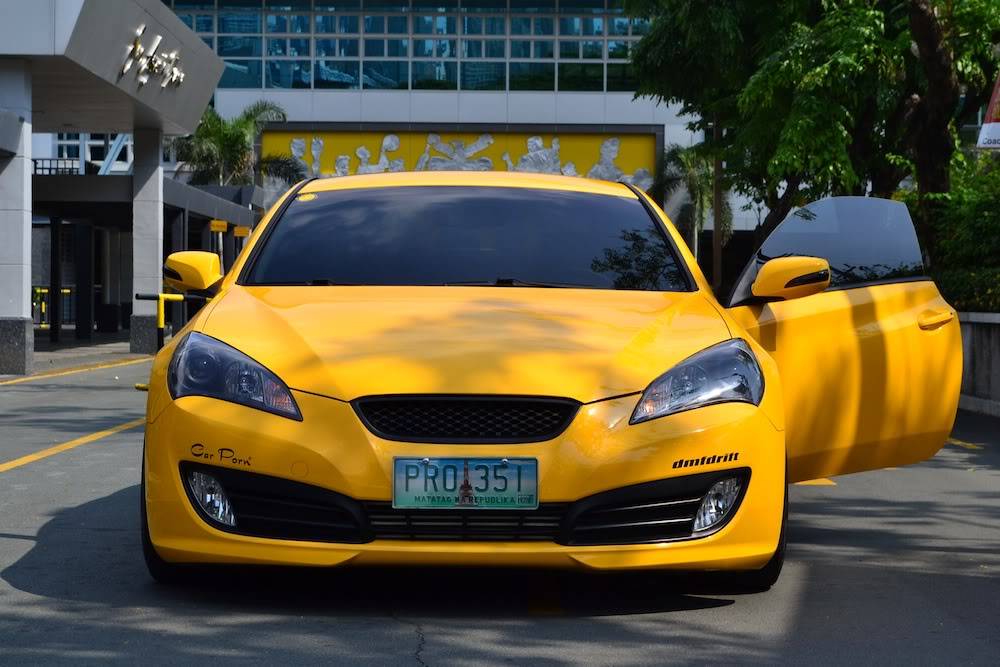Philippine Anti-Lemon Law to Curb Down Defective Cars

President Benigno Aquino III has finally signed the Philippine Anti-Lemon Law which promises to protect Filipino consumers from buying defective vehicles or “lemons.”
 © besthyundaideal.com
© besthyundaideal.com Car is referred as a “lemon” if the fault has undergone four unsuccessful repair attempts
Car is referred as a “lemon” if the fault has undergone four unsuccessful repair attempts © stancenation.com
© stancenation.com
 © besthyundaideal.com
© besthyundaideal.comWhat is a lemon?
A lemon is a brand new vehicle (fresh from the showroom) that has failed to meet performance and quality standards set by its manufacturer and the state. For a vehicle to be qualified as a “lemon” it must first fall short of the standards set by the Department of Trade and Industry (DTI) who implement the necessary rules and regulations. Car is referred as a “lemon” if the fault has undergone four unsuccessful repair attempts
Car is referred as a “lemon” if the fault has undergone four unsuccessful repair attemptsPenalties and liabilities
According to the eleventh section of the Philippine Anti-Lemon Law: “The manufacturer, distributor, authorized dealer or retailer adjudged to have violated the provisions requiring disclosure as mentioned in the preceding section shall be liable to pay a minimum amount of One hundred thousand pesos (P100,000) as damages to the aggrieved party without prejudice to any civil or criminal liability they and/or the responsible officer may incur under existing laws.” © stancenation.com
© stancenation.comSecond hand vehicles
Used cars may also be plagued with the same defects as that of brand new vehicles. However, most of these defects are acquired from past owners' poor maintenance, improper use, or cases of abuse. Therefore, be wary of some unprofessional car dealers who conceal mechanical defects, corrosion and high mileage or other damage to get more value out of the flawed car. One common malpractice is called “cut and shut” or clipping- where the wrecked car part is sawed off and replaced with a matching section from another car, usually of the same model. To know more about a lemon read this how to spot bad car deal post from Carmudi Philippines.Featured Articles
- Latest
- Popular
Recommended Articles For You
Featured Cars
- Latest
- Upcoming
- Popular
Car Articles From Zigwheels
- News
- Article Feature
- Advisory Stories
- Road Test
